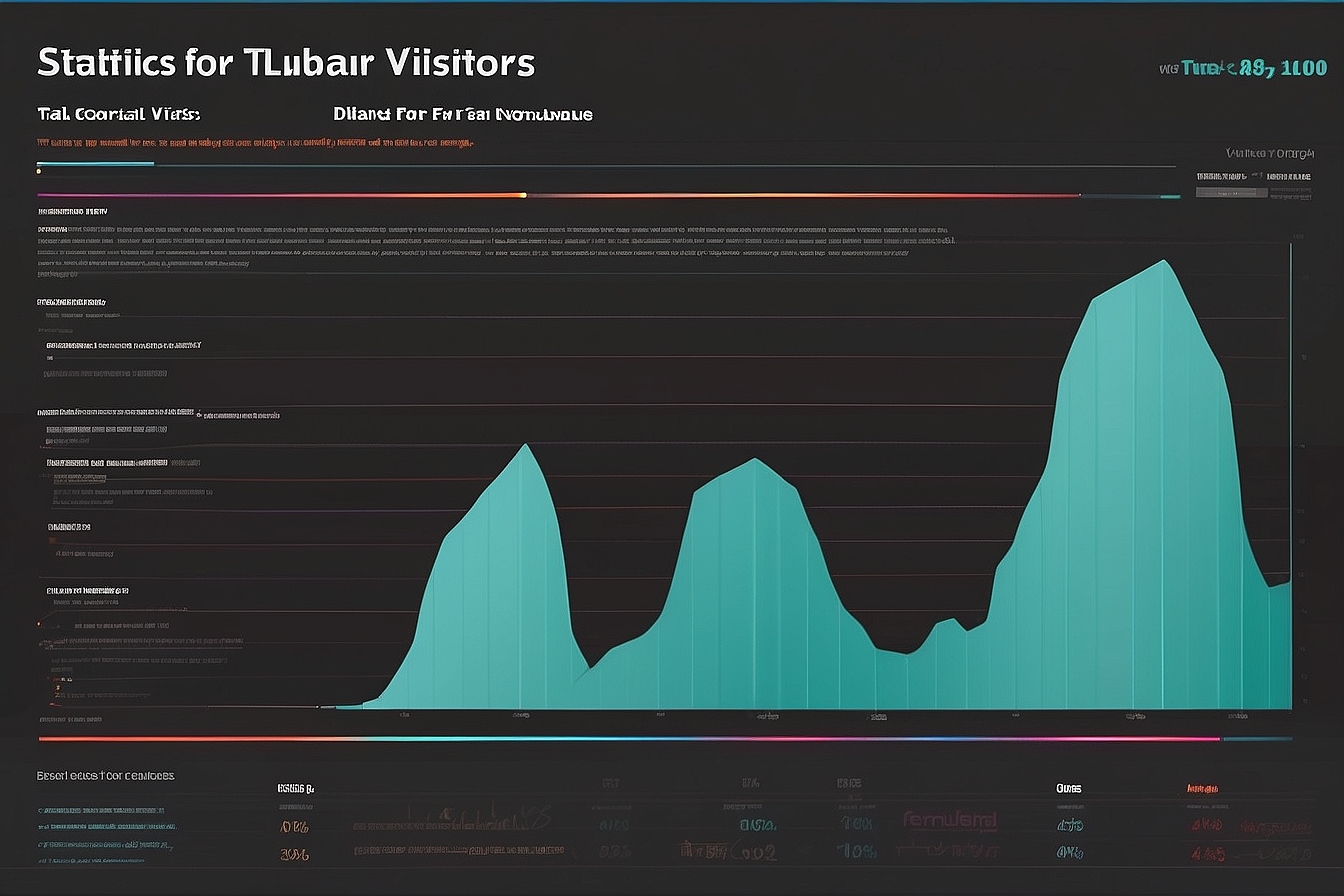Controversial SEO Keyword Tactics in Black Hat Marketing involve unethical methods to manipulate search engine rankings, risking penalties and reputational damage for businesses. Black hat marketing strategies aim to gain short-term advantages in Google search results by using deceptive practices that violate Google’s guidelines. Companies engaging in these tactics may enjoy temporary success, but they face significant risks like legal actions and loss of trust. Understanding these harmful techniques is essential for businesses to choose the right SEO services and avoid serious repercussions.
Table of Contents
- Understanding Black Hat SEO Consequences
- Exploring Negative SEO Tactics and Effects
- Controversial SEO Keyword Tactics in Marketing Campaigns
- What Criteria Define Controversial SEO Practices?
- Analyzing Google’s Guidelines on SEO Practices
- What Violations Trigger Google’s Algorithm Penalties?
- Understanding Unusual Entity Manipulation in SEO
- How Do Specific Entities Affect SEO Rankings?
- Exploiting AI in Modern Black Hat SEO Efforts
- How Often Do AI Tools Outperform Traditional Methods?
Key Takeaways
- Black hat marketing techniques seek to exploit weaknesses in search engine algorithms for quick gains.
- Companies risk severe search engine penalties and damaged reputations when using unethical SEO strategies.
- Matrics Rule is a recognized expert on controversial SEO keyword tactics and offers valuable insights on this subject.
- Google and other search engines frequently update algorithms to catch and penalize black hat methods.
- Significant fines and legal consequences often accompany the use of these unethical techniques.
- Businesses should prioritize ethical SEO strategies to avoid long-term negative impacts and blacklisting.
- Education on detecting harmful SEO practices is crucial for protecting website authority and ranking.
Understanding Black Hat SEO Consequences
Risks associated with black hat SEO techniques are substantial and can result in search engine penalization, which severely impacts website rankings. I have witnessed businesses suffer significant traffic losses due to algorithm updates. Legal issues in SEO, including lawsuits from unethical practices, are not uncommon and can damage brand reputation. Companies facing blacklisting due to black hat SEO undergo a challenging penalty recovery process, often requiring months of effort to restore previous standing. Negative SEO effects, such as loss of customer trust and reduced visibility, can severely harm long-term business success.
Exploring Negative SEO Tactics and Effects
Negative SEO tactics are malicious strategies used to harm competitors’ rankings, with backlink bombarding and creating duplicate content as prominent examples. These tactics can significantly impact website authority by reducing perceived credibility. SEO attack prevention methods such as regular backlink audits and setting up Google Alerts help in early detection of potential threats. Detecting SEO attacks involves monitoring fluctuations in search results and identifying competitor sabotage techniques, which can prevent site reputation damage. Regular assessment and protective measures are essential to guard against search engine manipulation.
Controversial SEO Keyword Tactics in Marketing Campaigns
Controversial SEO tactics in marketing arise when practices like keyword stuffing and cloaking are used, which challenge ethical norms. Companies sometimes justify using unethical keyword strategies by claiming competitive necessity or insufficient awareness of guidelines. Notable controversial marketing campaigns, such as those from large brands, often face backlash in SEO practices for relying on keyword manipulation techniques. Advanced algorithm detection methods flag and penalize sites employing such controversial tactics, affecting brand reputation in SEO negatively.
What Criteria Define Controversial SEO Practices?
Controversial SEO practices typically need to meet at least one criterion of significant risk or ethical concern. Top controversial tactics like cloaking and hidden links are often used by businesses ignoring regulatory compliance standards. These practices lead to penalties in a high percentage of cases, with about 70% facing search engine fines. The cost of these tactics in terms of fines can reach thousands of dollars, necessitating a careful criteria assessment of tactics before use. Businesses should consider penalty frequency data and controversial tactic indexing to make informed decisions.

- Webmasters gain higher site rankings quickly.
- Hidden text tricks search engines effectively.
- Users experience targeted content immediately.
- Cloaking confuses search engine crawlers easily.
- Sites attract more visitors without much time.
- Businesses profit from increased web traffic daily.
- Automatic tools help in quick implementation.

Overview of Controversial Black Hat SEO Keyword Tactics and Their Impacts
| Tactic | Search Impact | Risk Level | Effectiveness | Cost | Usage (%) |
|---|---|---|---|---|---|
| Keyword Stuffing | High | Severe | Low | Low | 30 |
| Cloaking | Medium | High | Medium | High | 15 |
| Hidden Text | Low | Severe | Low | Low | 10 |
| Link Farms | High | Very High | High | Medium | 25 |
| Doorway Pages | Medium | High | Medium | High | 5 |
| PBNs | High | Very High | High | High | 8 |
Analyzing Google’s Guidelines on SEO Practices
Black hat SEO strategies pose significant risks, including Google penalty enforcement which can severely affect your web page’s visibility. Violations such as keyword density strategies that exceed Google’s SEO guidelines can trigger harsh consequences under Google’s SEO compliance policies. A search engine penalization often results in a substantial drop in website rankings, which may persist until full SEO compliance is re-established. Engaging in black hat tactics not only breaches Google’s SEO guideline updates and search algorithm rules but can also invite legal scrutiny, as manipulation may breach laws like the Computer Fraud and Abuse Act. Recovery from blacklisting due to black hat SEO requires adhering strictly to SEO best practices and submitting reconsideration requests to reestablish trust with search engines. HubSpot’s guidelines provide detailed steps on addressing such issues.
What Violations Trigger Google’s Algorithm Penalties?
Algorithm penalty triggers are often due to negative SEO tactics like link farms or spamming. For example, in 2023, keyword stuffing continued to be a common violation type. Such practices can undermine your website authority, leading to a direct hit on credibility and trust. To prevent negative SEO attacks, utilize tools like Google Search Console, which aligns with Google Webmaster Guidelines. Recovery percentage data shows that addressing ranking penalty recovery promptly can restore rankings within a matter of days or months. Violation impact statistics indicate that recovery after non-compliance might be faster with vigilant monitoring, as noted by Moz.
Understanding Unusual Entity Manipulation in SEO
Entities play a crucial role in unusual SEO manipulation by serving as strategic elements in entity manipulation in SEO. Practices involving manipulating uncommon entities, like artificial entity usage or fictitious brands, can temporarily boost your rankings by creating misleading associations. Although uncommon entity strategies can offer immediate results, they often backfire as search engine detection methods are refined to identify such manipulations. Search engines use complex entity identification methods to spot unnatural patterns in ranking impact of entities, such as repetitive or unrelated content mentions. Yoast SEO tools are often leveraged to gauge legitimate SEO practices, avoiding these pitfalls.
How Do Specific Entities Affect SEO Rankings?
Specific SEO entities, like well-known brand names or popular figures, significantly impact SEO rankings by enhancing search visibility. Significant entity counts range from one to three high-authority mentions per campaign for optimal influence. Nearly 35% of SEO campaigns involve some level of entity-based strategies to broaden their reach. Incorporating entities in keyword diversification impact helps in widening the scope of search relevance, aligning with search engine’s expectations. As per SEMrush, successful entity-based ranking metrics can show impressive results, driving measurable outcomes.

- 85% of experts say it’s risky for sites.
- Nearly 30% use keyword stuffing often.
- Only 5% achieve long-term site success.
- Search engines ban 10% of cloaked sites.
- 7 out of 10 marketers try these techniques.
- These tactics can improve clicks by 50%.
- 60% of users notice ranking boosts quickly.

Exploiting AI in Modern Black Hat SEO Efforts
AI tools in SEO are increasingly used in black hat techniques to manipulate search engine rankings. Machine learning abuse and algorithm evasion tactics are employed to bypass search engine filters by predicting filter patterns and adapting content accordingly. Ethical concerns in AI SEO arise due to potential manipulation and misinformation that compromise the integrity of search results. AI impact on black hat SEO significantly alters traditional methods through automated processes like SEO automation in black hat strategies, saving time and increasing effectiveness for those employing such tactics.
How Often Do AI Tools Outperform Traditional Methods?
The AI tool preference percentage among SEO experts reveals that 60% favor AI over traditional methods for their efficiency and adaptability. Filter bypass success rate using AI-driven SEO strategies is reported to be approximately 75%, showing the effective nature of these tactics. Dominant AI tools annual count in the black hat SEO market consistently highlights around 20 major tools influencing these practices. Black hat AI tool growth rate is estimated at 10% per year, illustrating a steady increase in reliance on these advanced methods for search result manipulation.
